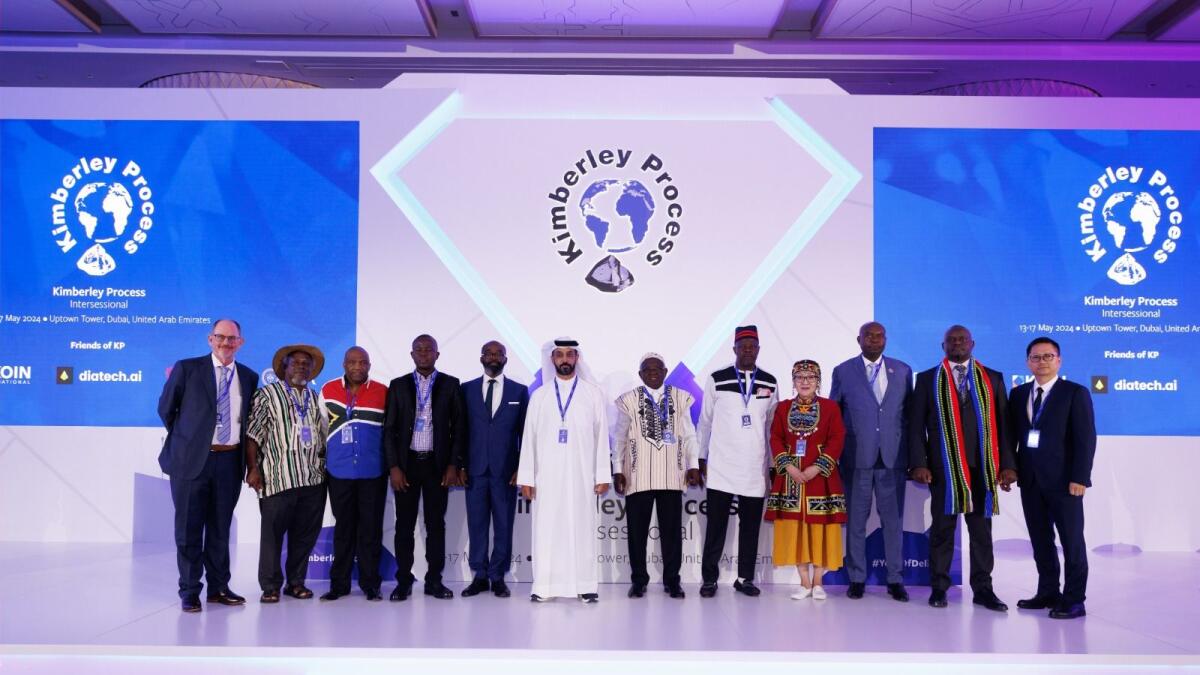The Kimberley Process’ intersessional meeting in Dubai last month brought together stakeholders from the diamond industry to address conflict diamonds. This event included a special plenary session and panels on the impact of diamond mining, defining conflict diamonds, and utilizing technology for traceability. With representatives from various sectors, the Kimberley Process is known as a close-knit family committed to raising industry standards and Dubai’s role as a diamond hub.
One of the key discussions at the meeting revolved around the definition of conflict diamonds and the option of co-chairmanship within the KP. Additionally, the presence of delegates from the Central African Republic highlighted the ongoing efforts to reintegrate the country into the KP after an embargo in 2013. Success stories from countries like Sierra Leone demonstrate the positive impact of KP initiatives, including increased diamond production and effective control over the diamond supply chain.
The meeting also sparked conversations on addressing the illegal arms trade in the context of conflict diamonds. Suggestions were made to collaborate with NGOs, regulators, and arms manufacturers to tackle this issue proactively. Furthermore, the importance of integrating technology into the diamond industry was emphasized at the DMCC special forum, showcasing the potential of digital solutions for enhancing transparency and efficiency.
As a UN-mandated organization, the Kimberley Process relies on collaboration from its member countries, the European Union, and the Civil Society Coalition. The writer, Ahmed bin Sulayem, expressed optimism in the positive outcomes that can be achieved through technological advancements and collective efforts to bring about meaningful change in the diamond industry. By working together, the Kimberley Process aims to set an example for other commodities to follow in terms of responsible sourcing and ethical practices.










